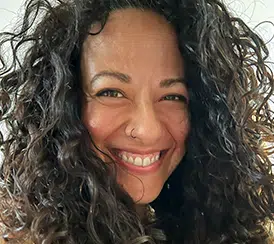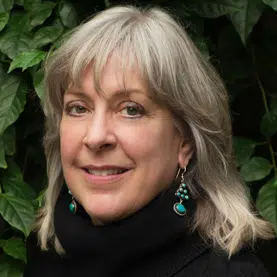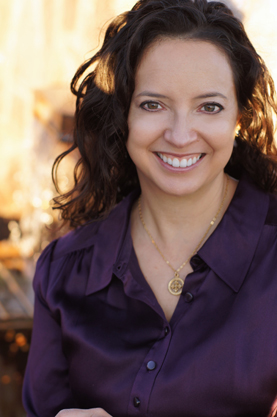 In this blog we explore the four practices of the way of the Hero: Non-judgment, Non-Suffering, Non-Attachment, Beauty. Take some time to think deeply about each practice and how it might change your life.
In this blog we explore the four practices of the way of the Hero: Non-judgment, Non-Suffering, Non-Attachment, Beauty. Take some time to think deeply about each practice and how it might change your life.
Non-Judgment. To practice non-judgment, we must transcend our limited belief, even the ones about what we think is right and wrong. We make sense of our world by judging situations as “right” or “wrong” or “good” or “bad,” according to rules defined by our culture, which we know as our moral code. But an Earthkeeper is amoral – note that she is not immoral, sh is simply not ruled by mores. She believes that it’s important to let go of these sorts of judgments and maintain her ability to discern. When you practice nonjudgment, you refuse to automatically go along with others’ opinions of any situation. In doing so, you begin to acquire a sense of ethics that transcends the mores of our times.
Non-Suffering. The practice of non-suffering means not writing stories about our pain. Instead, we make ourselves available to learn directly from the infinite wisdom of the universe – we no longer must endure the same misfortunes again and again. However, it is imperative that we do learn our lessons, or we end up perpetuating our own misery. In the East, this is known as breaking the cycle of karma and stepping into dharma, while the Laika call it practicing “bliss.”
Suffering happens when you wrap a story around the facts. At some point, you’re going to lose a parent, a romantic partner, or a job, so you can spin this fact into as dramatic a yarn as you wish where you star in a dramatic story of being taken advantage of, mistreated, and misunderstood. When you practice non-suffering, you embrace the facts of your life and the lessons they are there to teach you.
Non-Attachment. To practice non-attachment, we let go of the roles we bought into and the labels we stuck to ourselves. We all have convenient labels that the world attaches to us to describe how we are primarily perceived: soccer mom, social activist, recovering alcoholic, vice president, assistant, and so on. The trouble starts when we believe that the label encompasses all that we are and dictates how we must be. Non-attachment requires you not only to let go of your roles and your stories, but to also let go of the part of yourself that identifies with these dramas. When you stop attaching your ego to these roles, you let go of your preconceived notions about who you are, and you stop fretting about whether you are pleasing or displeasing others. You stop needing validation from people and becoming upset or sad when you don’t receive it. You are free to simply be whoever you want to be.
Beauty. To practice beauty is to perceive loveliness even when there’s ugliness. “Beauty before me, beauty behind me, beauty all around me” – these words come from a Navaho prayer of gratitude, from a person who only sees only beauty in the world. Instead of looking for ugliness and poverty, perceive the beauty all around you. Bring flowers home from work. Say a gracious word to a colleague. Uplift a friend. When you see beauty all around you, beauty will seek and find you, even in the most unexpected places.
What have you learned about the Way of the Hero?







